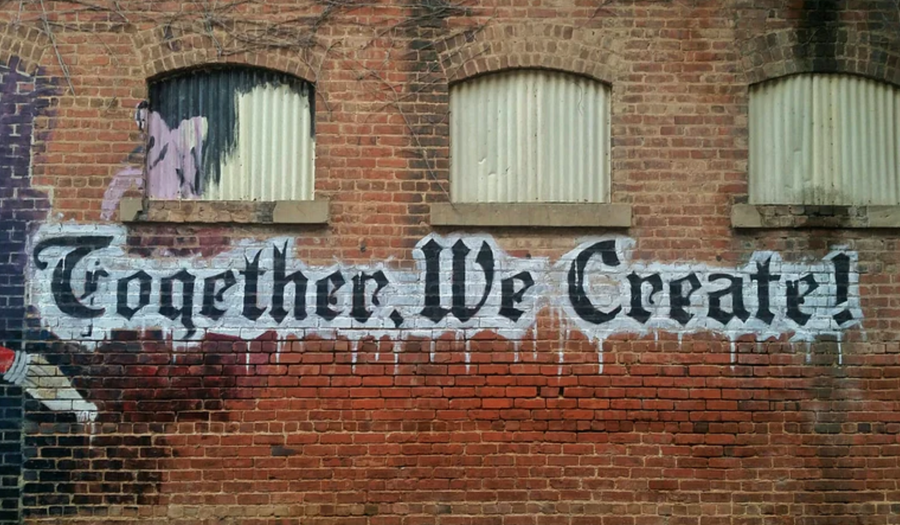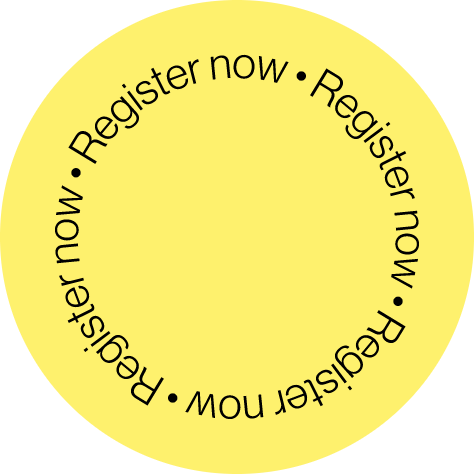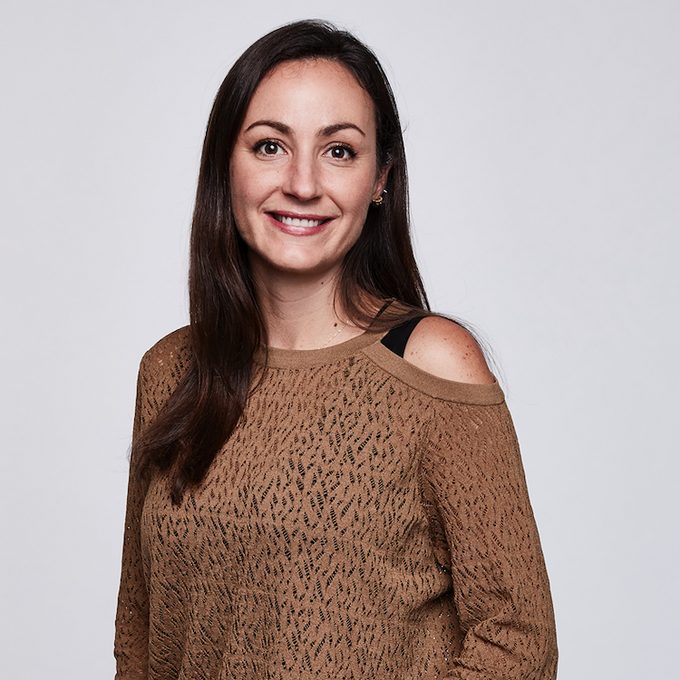
This week, we are featuring Emilie Colker, London Managing Director of global design company, IDEO. IDEO (“EYE-dee-oh”) has roots dating back to 1978. Today, IDEO is an award-winning global design and innovation company that helps organisations tackle some of their most complex challenges. They use design to make strategy tangible in the form of new products, services, experiences, ventures and systems that are deeply rooted in human needs. Through their work, they help companies to become more relevant, competitive, and sustainable.
STORY: Please tell us about your story.
I always knew very early on that I wanted to do something related to creativity. But also, very early on - and by very early on, I mean probably at 13 or 14 years old (!) - I also knew that I didn't have the confidence to be an artist and I didn't really get how artists made money. So, I basically looked through books and everything that I could find relating to creativity and weaved my way through the creative economy at the beginning of my career.
I started in advertising, then publishing and then museums, and I started to see the connections between not only business and creativity, but creativity and the community.
The community aspect really appealed to me, which is probably what we call ‘purpose’ today. I then started working in marketing, which felt like the ultimate way of bringing creativity, community and commerce together - marketing for businesses with social purpose at their heart. I spent nearly 15 years in Silicon Valley, and I was super lucky to be there when software was exploding in the early 2000s.
It was the time when Yahoo! was declining, Google was rising, YouTube was getting invented, and Facebook didn't exist yet. So being in this land of software and innovation was just good luck. I brought my perspective of community, creativity and commerce into an environment that was very fast-paced and very driven by innovation. While I was there, I spent a number of years at a startup which we ended up selling for $90 million to Pearson, which was a $70 billion public company at the time.
I started to see the connections between not only business and creativity, but creativity and the community
- Emilie Colker, London Managing Director
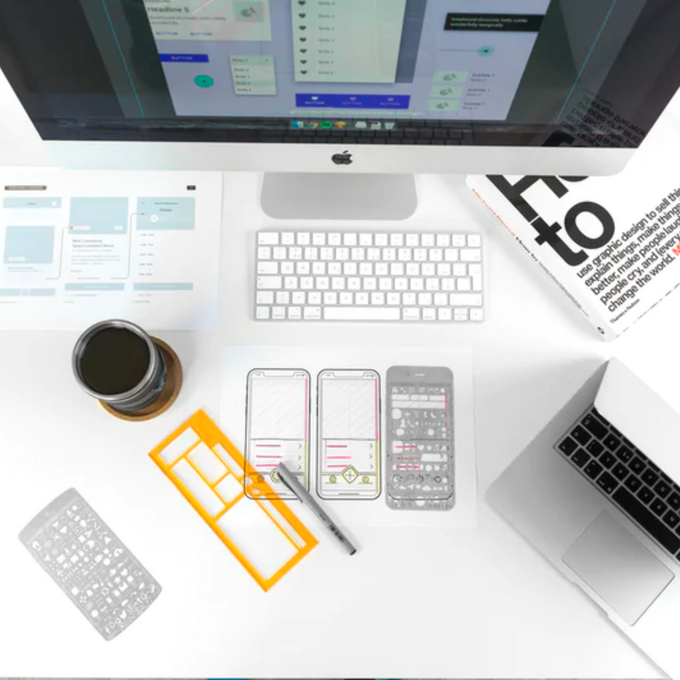
I moved to the UK to take on a full-time role with Pearson, specifically to apply some of what I had been doing in an agile environment to the transformation of this big historic business that was moving from an education book publisher to a learning company. It was quite a different position, and also quite different from an operational standpoint. I gained a ton of experience there - up until that point I had worked with really big corporations, but never for one as large as 40 thousand people!
The step from that role to IDEO was fairly natural. When you are championing innovation in an organisation, you're a consultant, right? You're connecting dots, you’re storytelling to gain buy-in, you’re engaging a broad set of stakeholders up, down, and across the organisation. Also, my passion is the intersection of social and commercial impact, and I was able to bring a lot of that into IDEO, especially having had the experience on the client-side.
IDEO is in the business of helping companies design their future, and it’s a place where I have been able to stretch and grow, drawing on my background in creative problem solving.
The stories of how people chart their paths into innovation is rarely linear or at first obvious, but when you unpick the experiences, interactions and learnings, there is always a natural desire to solve problems or drive change. More than that, the desire to find problems! This is what makes the innovation space so exciting – it’s eclectic with diversity of background and experience. Whilst becoming more of a ‘career path’ today, it has been a space that recognises the value and importance of different perspectives and experiences.
THE EVOLUTION OF THE INDUSTRY: What does the current state of change mean for the innovation consulting industry? And how do you see the service of innovation consulting changing? What do you expect to see next? And who will succeed and fail?
I think innovation consulting is now about two things.
First, it's about evidencing change by making strategy tangible. Your strategy should actually be about what's next, not what's now. That can be very intangible for people, so innovation is a process to actually ensure that the strategy feels very tangible for every single person who touches it, internally and externally.
The second thing that I think innovation consulting is now about is delivering a team - the people who have the values, behaviours and the mindset to continually drive innovation for a department, a business unit, or an organisation.
Both of these are different to the old model, where people used to think about innovation as always delivering a thing (a beautifully-designed product, for example), or a process (agile, lean, or whatever…).
Tangibility feels more important than ever in the world of consulting. Building sustainability and capability feels like the real shift, in that the thing, or the idea, is no longer enough.
Over the last few years, we’ve seen the big management consultancies gobbling up small design agencies. Both are doing incredible work. But usually what happens is that the small firm is acquired and then bolted on, and it feels pretty cosmetic rather than a real value add. Many management consultancies still have old habits where they deliver a solution – often through a deck, report or framework - and leave.
I don’t think that this is the time for decks as a deliverable anymore. We’ve got to go further, and help build the teams that can actually deliver continued innovation.
In addition, the innovation consultancies that are going to win are the ones who can help their clients on the tech side without locking them into a single solution. Vendor lock-in is a real problem for clients as it makes it incredibly difficult to disentangle themselves from their consultants’ tech infrastructure, whilst also racking up a multi-year bill for the pleasure. To me, that feels very disingenuous. Our job should be to have the best interests of our clients at heart.
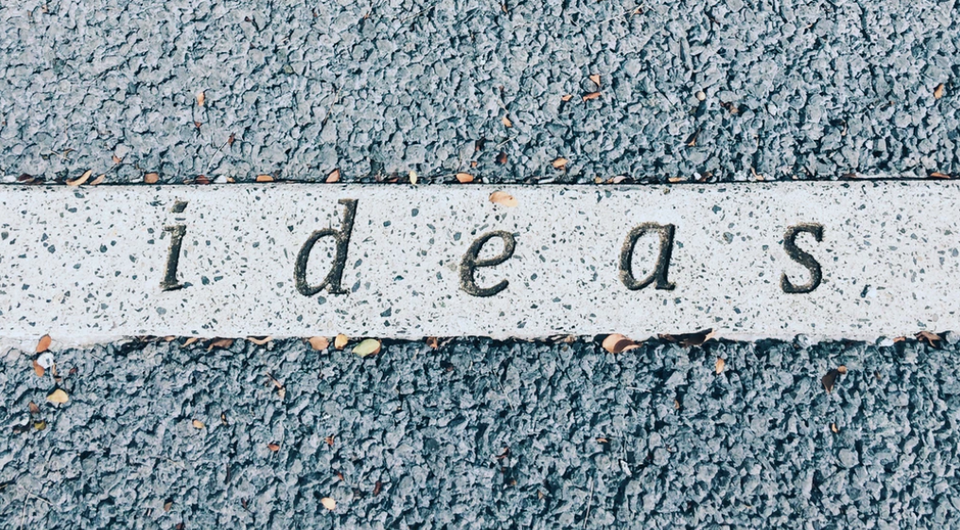
MANAGING CHANGE IN TIMES OF AMBIGUITY AND UNCERTAINTY: Okay, let’s talk COVID. What a yoyo year 2020 was – as has been the early months of 2021. A very difficult time driven by the unknown, a lack of certainty and of course being challenged by change. It would be great to hear about two things: One, how you have worked with your clients to plan for the future, and two, how you managed IDEO through the pandemic and what you learnt?
Last year was incredibly busy, and we ended up having a lot of really fascinating challenges.
2021 is even busier, and it's much more far-ranging. Most of what we saw last year were questions around short-term resilience. There was a very, very short-term focus, and it wasn't until probably the late summer when there was a shift towards the longer term, as businesses started to think about future growth and the new normal.
What we did is what we do best: we have a business built on empathy, so we spent tons of time listening to different voices in the client organisations, and then using those perspectives to help clients think about what would need to be true, which of those mattered more than others and why? And then how they would have to make trade-offs relative to their strategy. If their strategy was strong enough? Obviously, it sounds simple, but through all of that, it was a really important way to connect people and to align people.
We have a business built on empathy, so we spent tons of time listening to different voices in the client organisations, and then using those perspectives to help clients think about what would need to be true, which of those mattered more than others and why?
We tried to be relentlessly useful and think about learning by doing, which is one of the things we do really naturally, and so after speaking to people, we'd get an insight, then build a hypothesis, and then we would get set about proving and disproving it. We did the same thing for ourselves, whether it was trialling flexible working policies or tools that bring joy to the workplace.
I think it’s also important to discuss the struggles. For us, that was about figuring out how to maintain the employee experience in a way that catered for every extreme - to those that were excited to stay at home, and to those who are extroverts and so really missing the spark of community and an environment designed to bring them together and offer lots of wonderful inspiration.
Too true. It’s an interesting balance of how you manage that. It makes you really think about what the real purpose of the office is? Have you thought much about how this might look for IDEO?
Well, like many companies, we've done tons of surveys and we've been learning from the clients we've been working with on their new ways of working.
Estimates suggest that twenty five percent of people are probably going to want to stay at home full time, work remotely, and similarly it is likely that twenty five percent of people will be desperate to get back into an office and have a more regular cadence of physical presence, and then the bulk of people will likely be right in the middle. So in this case, it's really about using and designing things for each of those three buckets.
We have a dedicated experience team that work with our talent team to think about how to deliver the employee value proposition in the context of the client value proposition, how, when and why to bring clients and employees together, and so on.
Last year we were really focussed on how we ensure we have a fantastic employee experience for only one set of people - the one hundred percent remote team - and now we're having to branch that out to think about the purpose of the office. Probably, it will become more of a place of gathering and community rather than a place of work, if you will.
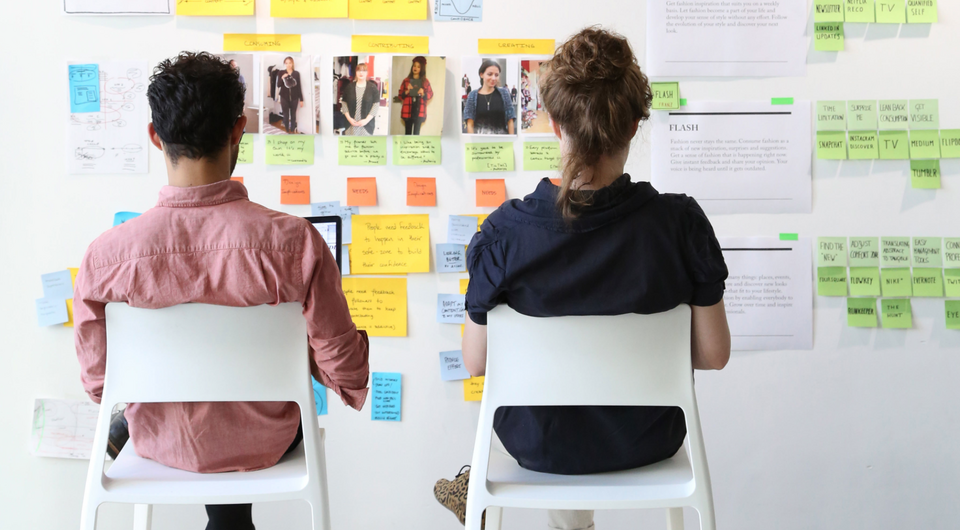
That's really interesting. I think it being a place of community makes a lot of sense. You don't need to be in an office for a lot of what you do, but it's the relationships and the fun and the culture and everything that you have by just being together, whether that's an office or just together somewhere. But the idea of community is a really interesting way of looking at it.
IDEO: Showcasing your secret sauce. An insight into the IDEO culture and an introduction to the work.
OK, so IDEO’s roots are in product design and engineering originally, but I think we've come a really long way from designing Apple's first computer mouse and advancing human-centred design and design thinking. What we've mostly been doing over the last decade has been helping organisations change through design. And that's what's special – it’s building on our heritage and applying the designer’s mindset to big, systemic business challenges.
The designer’s approach is one that embraces empathy, optimism, iteration, creativity, and ambiguity. To think like a designer requires dreaming up wild ideas that build on data and insights and then taking the time to tinker and test. Every IDEO studio has a maker space - a workshop for physical prototyping.
When we talk about failure, it's not about taking risks that aren’t calculated. It's being willing to explore things, not knowing where they will lead you, but knowing they are smart risks. It helps you work smartly to take some of these risks, especially if they're built on insight-driven hypotheses.
The designer’s approach is one that embraces empathy, optimism, iteration, creativity, and ambiguity.
I guess I would say we're the epitome of a learning organisation, and that's never been truer than now. Actually, one of the pacts that we make with our clients explicitly when we start to work with them is that ‘we will learn as much as you’. This will be a mutual learning journey and it's a wonderful way to practise and advance inclusive design, which has been a big focus for us for the last few years. It forces you to look at your own biases and what knowledge and expertise gaps you might have.
When it comes to the types of challenges that we might be solving, there is typically a strong digital component. But it's really thinking about everything, from rethinking a system; like one that needs to be more circular, one that needs to be more sustainable, thinking about new products, services and experiences that anticipate the needs of audiences in the digital economy and not just responding to them.
Ultimately, it’s about setting companies up to be able to pivot in as many ways and as many times as they need to, without feeling like it is such a transformational shift away from what they were. We do everything from strategy all the way through to delivery. Our aim is always to help our clients learn and grow through transferring knowledge and capabilities so they don't need us. That makes us very different from other companies, and we work across public and private sectors, every single domain.
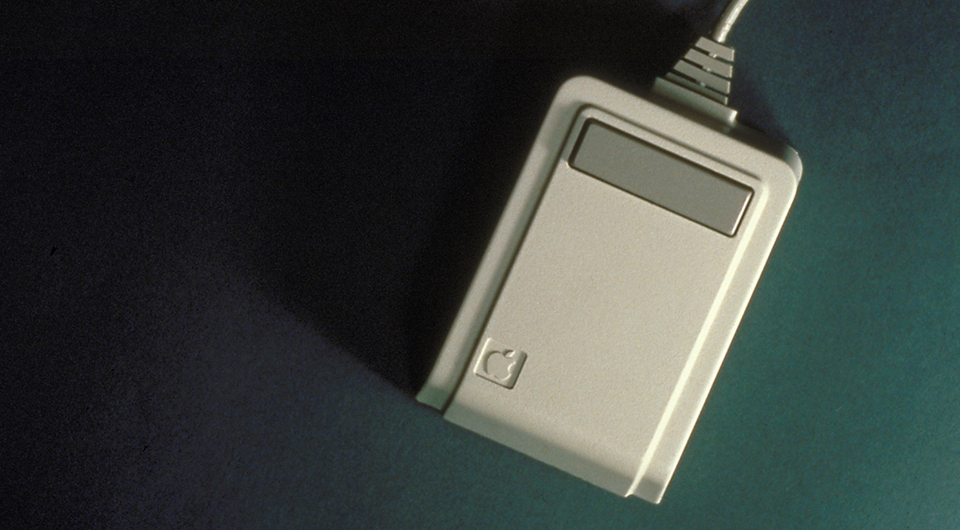
And from a talent perspective, what do you look for? What are the characteristics and experiences, and what makes someone standout to IDEO?
I’ll caveat this by saying this is my perspective, but I'm certainly influenced by my background. I really believe in the transferability of skills. I think linear career paths are great, but I personally tend to gravitate more towards people who have unexpected backgrounds or who have been ping-ponging around and gained exposure and experience from a variety of audiences, organisations and probably markets and geographies as well.
I think curiosity, empathy and interest in data are essential, as well as knowing how to balance reflection with getting shit done. Having a commercial sensibility matters, as you need to understand what's viable within the context of a brand, audience, or market.
Systems-thinking would also be something that I would look for - people who understand intersectionality, the interconnectedness of audiences and their experiences.
Finally, we look for people that are excited about finding and solving problems. That’s a must!
WORDS OF INSPIRATION: And to close the session, it would be great to finish with two questions ... One, how would describe what you do to someone who has no idea what the role of innovation consulting is? And two, what makes what you do rewarding and why do you do it?
It’s really about exploring different options by looking out into the world and looking at the expertise that people have to ultimately understand what the conditions are for innovation. Then, using that information, you form hypotheses, test and to iterate them and then come up with new value.
That value can show up in all sorts of ways, whether it’s a new customer proposition, a new brand, a new product or experience, a new organisation or even a new venture. But ultimately, people at IDEO work on things that impact individuals, communities and society. That’s what makes them passionate about working here.
I've never worked for an organisation that has as much humility, trust and optimism as IDEO. That's actually pretty unique, I would say. And that's also why it's driven by a purpose towards impact. Being true to that means not wanting to stay with our clients longer than we have to. You might say that’s a bad business model, but our job is not to make companies reliant on us. We’re here to transfer knowledge and capabilities so that innovation is not a one-time thing, and so companies can succeed without us.

